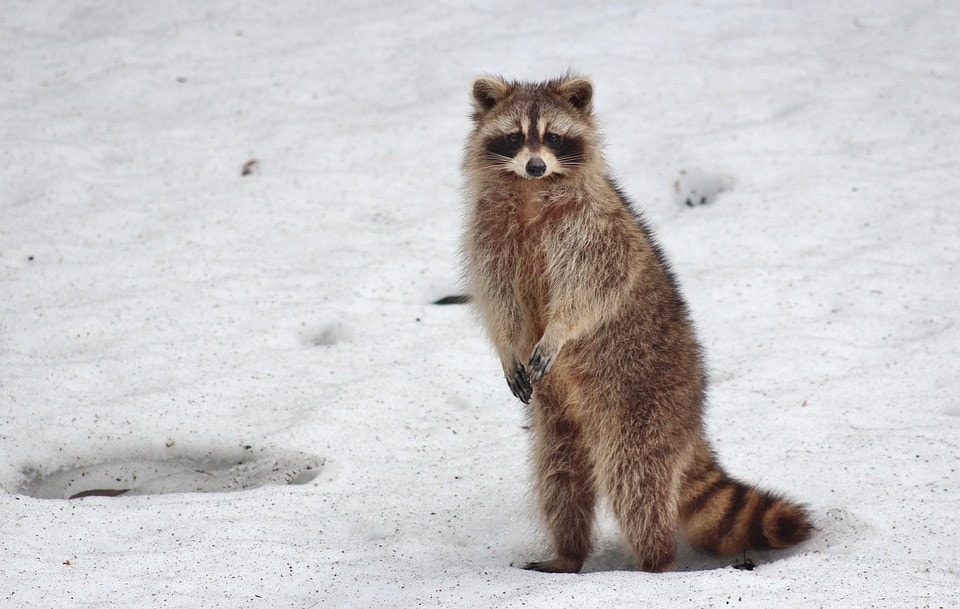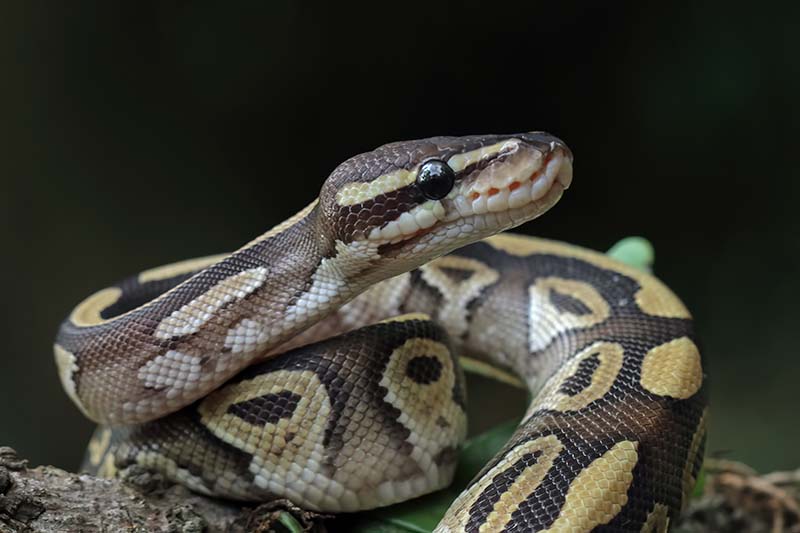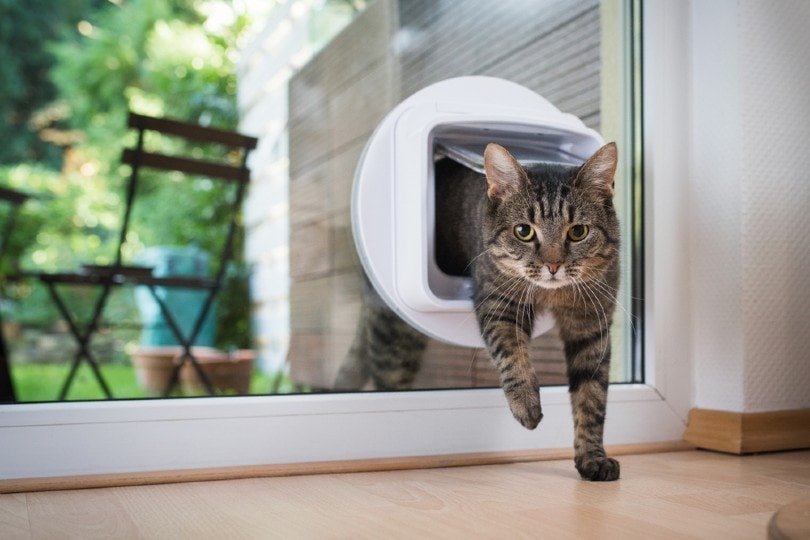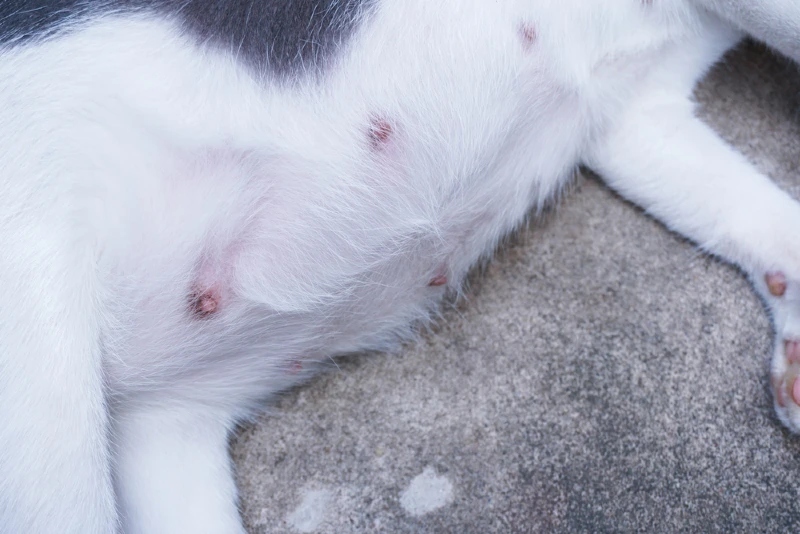VET APPROVED

The information is current and up-to-date in accordance with the latest veterinarian research.
Learn more »Click to Skip Ahead
Raccoons are famously native to North America, and easily recognizable with mask-like markings on their faces. Many people think these animals are adorable because of their cute faces and how they use their little paws like we humans use our hands. But do they make good pets? Despite their charm, due to legal, ethical, and safety concerns, raccoons do not make good pets. The answer is a resounding no.
While pet raccoons are extremely uncommon, over the years, some Americans have kept these animals as pets, including past US President Calvin Coolidge, who kept one as a pet while he resided in the White House. Even though they are cute animals, raccoons are wild animals. Animal experts do not recommend keeping raccoons as pets because these animals are known to be unpredictable and full of trouble.

Why Racoons Don’t Make Good Pets
Raccoons are mischievous and unpredictable by nature and they can be aggressive. Even if you think you’ve tamed a wild raccoon, that animal can turn on you at any moment and deliver a wicked bite with its sharp teeth. A raccoon also has long sharp claws that can do serious damage to a human if the animal strikes out.
An interesting thing about raccoons is that these animals have varying temperaments. Some can be friendly toward people while others can be skittish and aggressive. It’s simply not worth the risk to keep a raccoon as a pet because you’ll never know for sure if the raccoon you tame will turn on you and attack at a moment’s notice.
Beyond safety risks, there are legal and ethical concerns. In many places, it is illegal to own a raccoon without a special permit, and in some states or countries, it’s totally banned. Raccoons are also known carriers of diseases that can be transmitted to humans and other pets. Ethically, removing a raccoon from the wild disrupts its natural behaviors and social structure, often leading to poor welfare for the animal. Keeping one as a pet can ultimately cause more harm than good for both the raccoon and the owner.
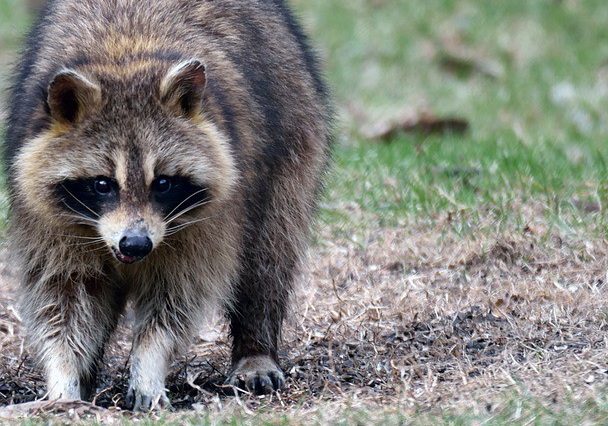
Raccoons Can Carry Rabies and Other Diseases
Raccoons can carry rabies, which is a fatal viral disease if left untreated in most mammals, including people. These masked creatures can also transmit other zoonotic diseases, including salmonellosis and leptospirosis. They can be carriers of fleas, roundworms, and other parasites that can transmit to humans and pets.
Raccoons Can’t Be Domesticated
Unlike dogs, raccoons are not social and exhibit hostile and wild behaviors toward humans and other animals. While dogs easily bond with humans, raccoons are unable to form close emotional connections with humans even after several breeding attempts. Many people have tried to breed raccoons over the years to try to make them good pets.
However, these attempts have failed time and time again. By nature, raccoons are solitary, nocturnal, and unpredictable.
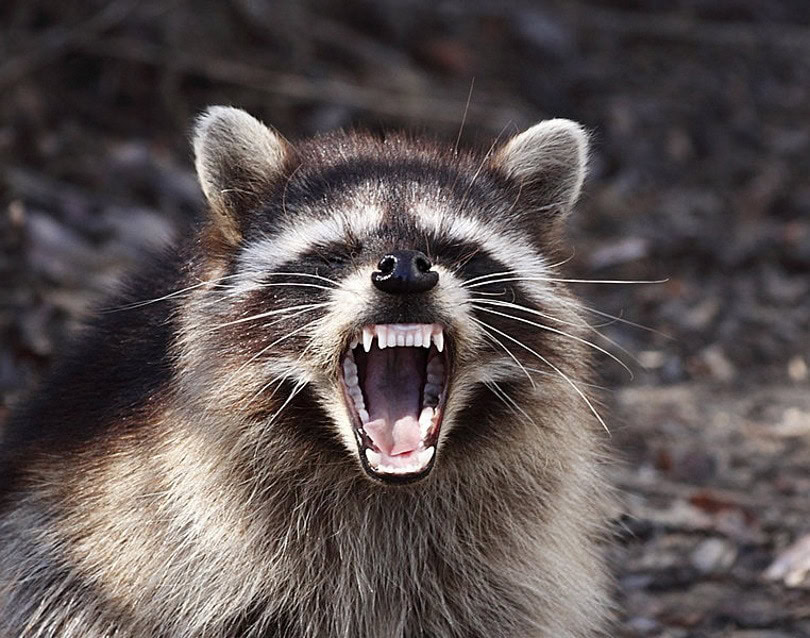
Raccoons Can’t Be Trained Like Dogs
Surely, you’ve seen lots of ads for dog training courses online. But have you ever run across a raccoon training course when surfing the web? Of course not! Raccoons are not domesticated animals that can be trained like dogs. It’s that simple!
Raccoons are wild animals with wild animal instincts. Even though some people have taken in baby raccoons and trained them to use a litter box, these animals grow up to be independent, unpredictable adult raccoons that cannot be trained like dogs.
It’s Illegal to Keep Raccoons as Pets in Most US States
It’s illegal in most states to keep raccoons as pets. As of this writing, there are only 19 states that allow raccoons to be kept as pets. Many of the states that allow pet ownership of raccoons require wild animal permits. There may also be other laws in place pertaining to keeping raccoons as pets, so check with your state if you’re dead set on having a pet raccoon.
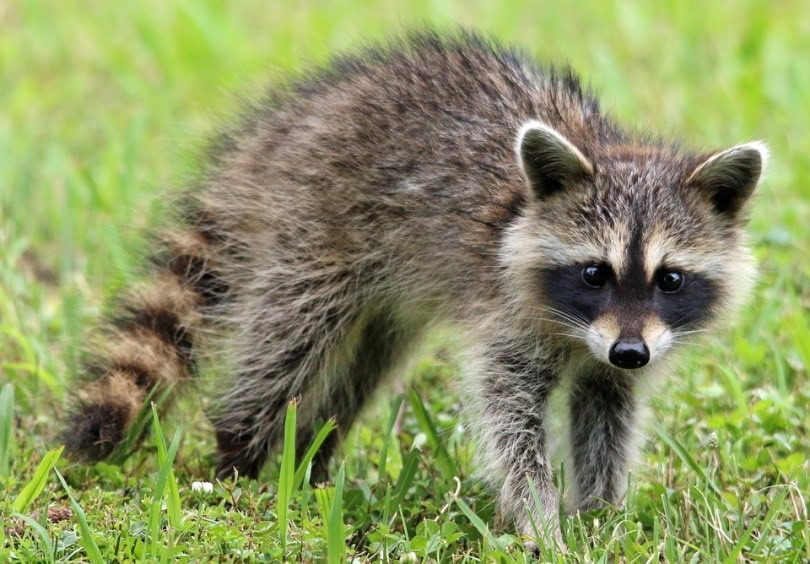

Conclusion
You don’t see raccoons for sale in pet stores for one very good reason: Raccoons do not make good pets. These animals cannot be trained like dogs and they will never be truly docile.
The best place for a raccoon is in its natural habitat, which is in the woods. Even though young raccoons can be playful and docile, when these animals reach adulthood, they can be very unpredictable and aggressive. Don’t forget that there are very sharp teeth behind that masked face and a raccoon won’t hesitate for a second to use those teeth if it feels threatened, even if you think you’ve tamed that raccoon!
See Also:
- What Percentage of Raccoons Have Rabies? What the Statistics Say
- What Do Raccoons Eat in the Wild and as Pets? Diet & Health Facts
Featured Image Credit: Pixabay
